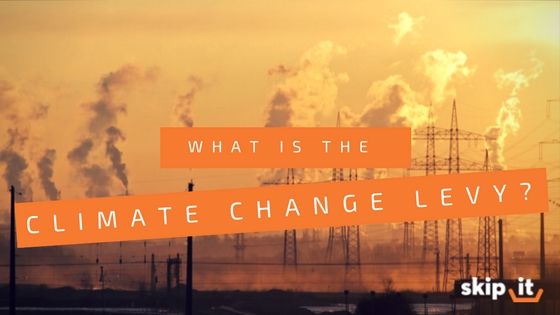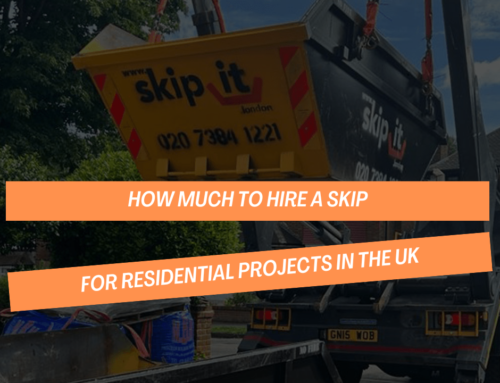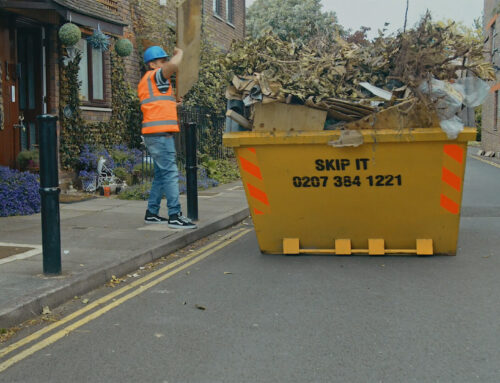The Climate Change Levy (CCL) is one of a range of environmental taxes collected by the government, which aim to promote and encourage environmentally friendly and energy efficient practices in British businesses. If your business uses a significant amount of energy, gas, coal or fuel in your day-to-day work, then there’s a good chance you’re eligible to pay this tax.
Nobody likes paying more tax than they need to. But luckily with this one, there are a range of exemptions and reductions that you can take advantage of. Done correctly, these should ensure your business is both operating in a more environmentally friendly way, and optimising your tax bill. Here’s a closer look.
What are the main rates of CCL and who pays them?
The CCL is charged at two main rates, depending on the type of business and the sectors they operate in.
The first of these is the main rate, which will be paid by the vast majority of CCL taxpayers.
The second is the Carbon Price Support (CPS) rate, which is charged specifically on the owners of electricity generating stations.
If your business operates within one of the following sectors, you’ll likely be eligible for the main rate CCL:
- Industrial
- Commercial
- Agricultural
- Public services
- Main rate CCL levies are charged on the use of:
- Electricity
- Gas
- Solid fuels (coal, ignite, coke & petroleum coke)
If you want a closer look at the CCL rates and levies on each of these materials, the government’s website provides more detail here.
Are there any exemptions available?
There are a range of fuels which are exempt from the CCL, and a few cases in which businesses are exempt from paying the tax in any instance.
Small businesses that don’t use much energy and any domestic energy users are exempt from paying the CCL, as well as any charities engaged in non-commercial activities.
Here are some of the instances in which otherwise eligible CCL payers can claim exemptions:
- If the electricity was generated from renewable sources before August 2015.
- If the electricity, gas or solid fuels won’t actually be used as fuel.
- If it is to be used in certain forms of transport.
- If the fuel won’t be used in the UK.
- If the fuel was supplied under certain heat and power (CHP) schemes.
- If the fuel is used to produce electricity in a generating station with a capacity of less than 2MW.
How do I reduce my CCL tax bill?
Even if your business is eligible to pay the CCL on all its fuel products, there are ways you can go about securing reductions. This involves applying for and signing a Climate Change Agreement (CCA) with the Environmental Agency.
Though the terms of this agreement may differ from sector to sector, the basic principle enshrines a responsibility on behalf of the business to actively engage and meet pre-agreed energy efficiency targets, in return for more favourable rates of CCL.
With a CCA, you can reduce your CCL tax burden by up to 90 per cent on electricity and 65 percent on other fuels.
Environmentally friendly waste clearance services
The logic behind the CCL and its CCA reduction scheme is to incentivise companies to use more environmentally friendly practices in their daily business. While this is not always convenient for businesses, it’s incumbent on all of us to ensure that we’re acting with concern for our environment.
Along with energy, waste clearance is another major environmental consideration for many businesses. At Skip It we’re committed to ensuring we recycle as much waste as possible and dispose of everything we collect in a responsible manner.
We work with our clients to help them meet their recycling targets and we can provide the paperwork – and the impeccable levels of service – you’d expect.










